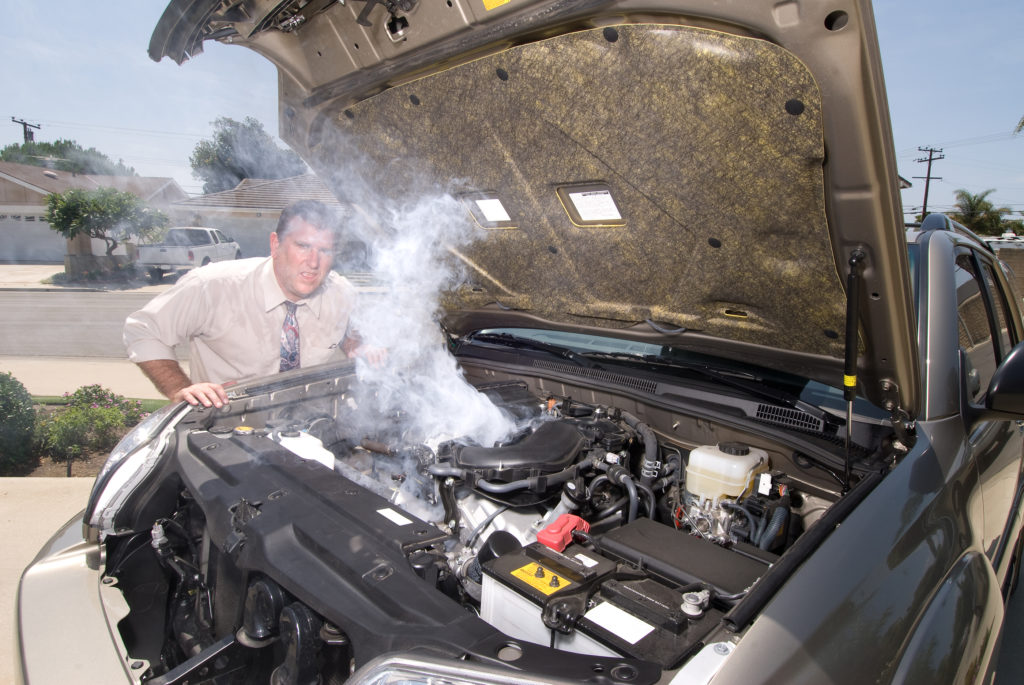These are 15 tips on how to prevent engine overheating:
- Choose your parking area
- Use window shades
- Consider window tinting
- Turn on the floor air vents
- Use fresh air in your AC and avoid recirculation
- Leave the windows open slightly
- Turn on the heating system
- Inspect the coolant
- Flush the radiator
- Replace the battery
- Use a remote starter
- Monitor the temperature gauge
- Do not overload the engine
- Turn off any unnecessary systems
Engine overheating is one of the most challenging problems any vehicle could face. It leads to engine self-destruction in no time. That's why many inexperienced drivers panic whenever they deal with engine overheating.
Luckily, there are some tips and tricks that you can implement to avoid and prevent engine overheating as much as possible. Some of these tips concern your driving experience and the systems you turn on whenever you enter the vehicle.
This article walks you through 14 most common tips to help prevent engine overheating.
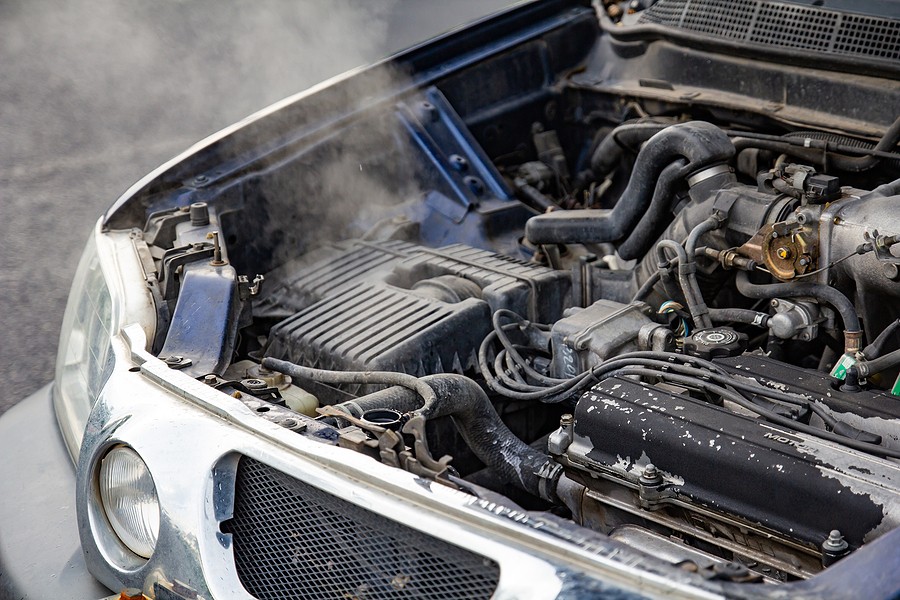
How to prevent engine overheating?
When your vehicle overheats, the overall driving experience becomes extremely challenging, and the more complicated problems you'll deal with. That's why it's critical for you to maintain the optimum engine temperature, so you don't overstress the engine and cause it to get destroyed.
Let's take a closer look at the 15 most common tips and recommendations by automotive experts on how to prevent engine overheating:
1. Choose your parking area
Many inexperienced drivers underestimate the importance of choosing the parking area. You must select a parking area that's not exposed to sun rays. Sunlight does not only impact your engine temperature, but also it causes premature damage to your vehicle upholstery.
Therefore, if you live in a very high ambient temperature, choose a parking location inside or probably in a shading area rather than leaving your vehicle exposed to extreme sunlight.
2. Use window shades
If you are still trying to choose a parking location that is completely shaded, consider investing in window shades. Many examples prevent engine overheating and help your vehicle temperature stay within the optimum range.
Keep in mind that these window shades come with different prices and qualities. That's why we highly encourage you to investigate each of their main pros and cons before investing your money, especially if you're looking for expensive high-quality ones.
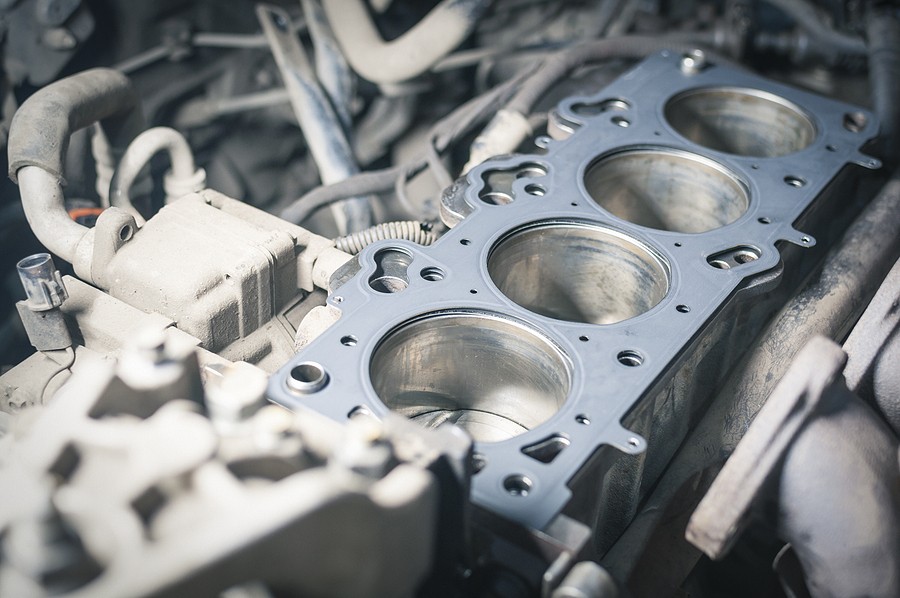
3. Consider window tinting
In some situations, consider investing in window tinting. However, you need to check your local state regulations and see if you can do window tinting.
Only some states might allow you to tint your window, and if you don't want to deal with legal situations, you got to review the regulations carefully.
The other thing to think about is that if you're planning to sell your vehicle anytime soon, everybody might be interested in buying a vehicle with tinted windows. Therefore, evaluate the situation overall and see if it's worth tinting or window or investing in some third-party components like window shadings and others.
4. Turn on the floor air vents
Also, if you don't want to deal with very high vehicle temperatures and prevent engine overheating, consider turning on the floor air vents. Many of us typically turn on the vents facing the passengers to cool down the vehicle as fast as possible.
However, if you're planning to cool down your vehicle, you first want to start with the floor air vents.
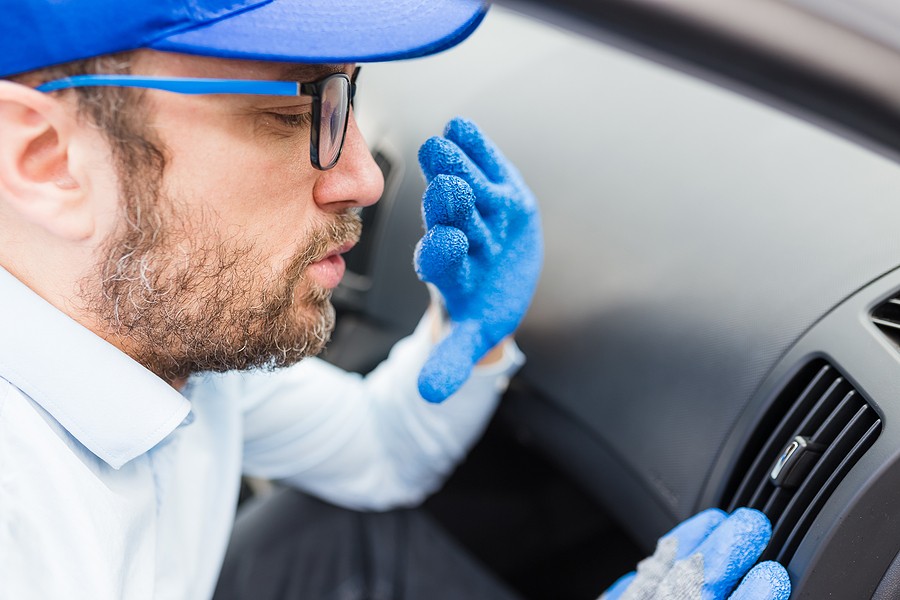
5. Use fresh air in your AC and avoid recirculation
If you're driving during a hot summer, the first thing you'll do immediately when you get into the vehicle is turn on the AC system. Although this is not something you can avoid, especially if the temperature is extremely hot outside, automotive experts recommend avoiding recirculation and setting your AC to use fresh air as it works.
This way, the air coming inside our vehicle is much colder and cooler than the current air in the vehicle, and this way, the temperature in your vehicle drops faster than you would imagine. Once your vehicle’s temperature drops, the engine will not overheat and will stay within the optimum temperature level.
6. Leave the windows open slightly
Sometimes, you don't want to leave your vehicle completely closed. In other words, if your windows are completely closed and secured, the air inside the vehicle gets much hotter than what's outside.
Some experts recommend keeping your windows open and not closing them completely. However, this is something that only some can do, especially if you're parking your vehicle in an area that's not very safe.
However, suppose you are parking your vehicle at home or in your garage. In that case, you can take advantage of this recommendation and maintain your vehicle temperature and, therefore, your engine temperature at an optimum level.
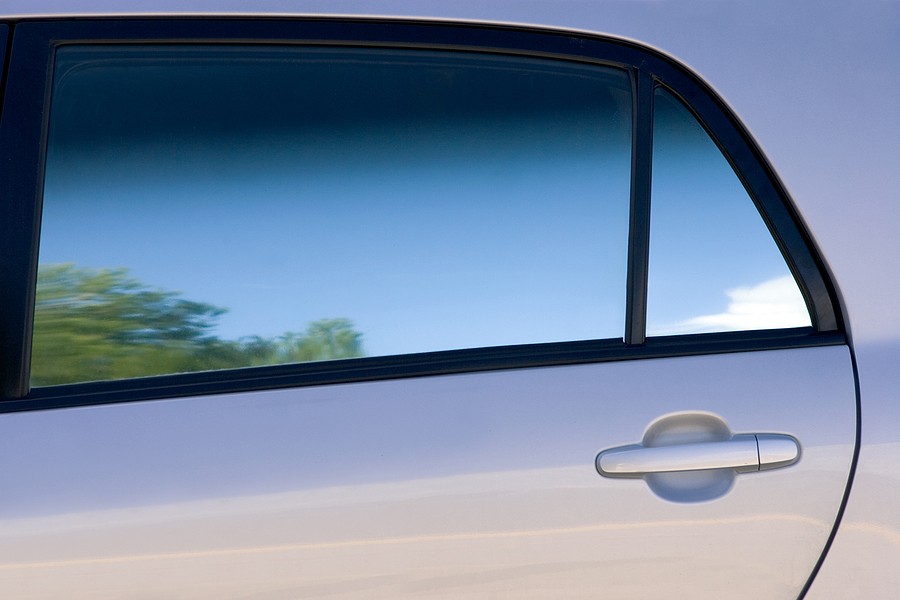
7. Turn on the heating system
Interestingly, if you would like to get your vehicle to cool down faster, experts recommend turning on the heating system. It might sound strange that a heating system will help your engine cool down. However, that's a very common trick.
Turning on the heating system operates by sucking the different temperatures from the engine to bring the heat inside the vehicle. This way, your engine will cool down much faster than usual.
8. Inspect the coolant
The other thing to remember is that, in many cases, the engine becomes very hard when you don't have enough coolant.
Coolant is the most critical fluid in the cooling system responsible for cooling down the engine and preventing its overheating as it runs around it. When there is not enough coolant, your vehicle’s engine will not receive the required cooling and, therefore, will not cool down. Instead, the engine will continue overheating and getting to a point where it might self-destruct.
Your vehicle should not be consuming coolant. In other words, if you feel that the coolant level is dropping, then there should be an internal or external leak. You can monitor and look underneath the vehicle to see if there are signs of puddles or any fluid dripping underneath the vehicle.
While you can easily detect any external, when dealing with an internal, things get trickier and require an expert mechanic to help detect and resolve the problem.
Automotive experts recommend that when your coolant level drops significantly, you should not continue driving your vehicle, and you'd better reach out to your mechanic for more detailed instructions.
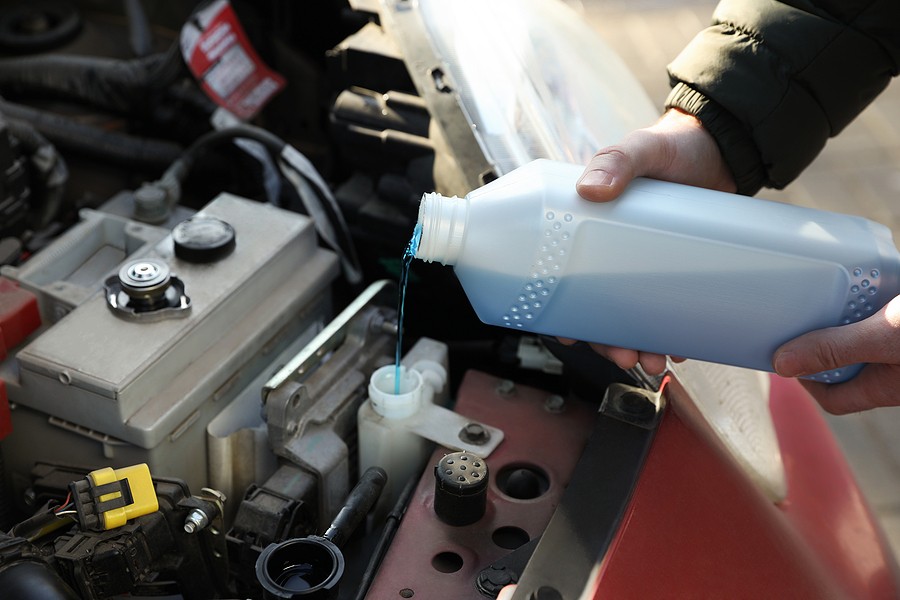
9. Flush the radiator
While it's critical to maintain the coolant level, it is also important to maintain the coolant quality. In other words, if you even have enough coolant in the reservoir, experts recommend monitoring the consistency and the quality of the column itself because it could go bad over time.
Your vehicle owner’s manual should have detailed information about how much coolant you should have in your vehicle and how often you should replace the coolant. Automobile experts also recommend symptoms you should monitor for indicating that your vehicle is due for a coolant flush.
Once you confirm that your vehicle is due for a coolant flush, the next step is to consult your mechanic and have him remove the old coolant and replace it with a new one. This way, you'll feel that your vehicle’s engine separator will not be very high, and your engine will not overheat.
10. Replace the battery
Interestingly, there is a clear linkage between how healthy your vehicle components are and how your engine operates. In other words, many experts indicated that you should maintain a good battery to reduce the stress on the vehicle and prevent overheating.
Therefore, consider checking your vehicle’s owner’s manual and battery age. Typically, the battery fails somewhere between three and five years. If you feel that your vehicle is approaching the end of its lifetime, it could be perfect timing now to replace it with a new one.
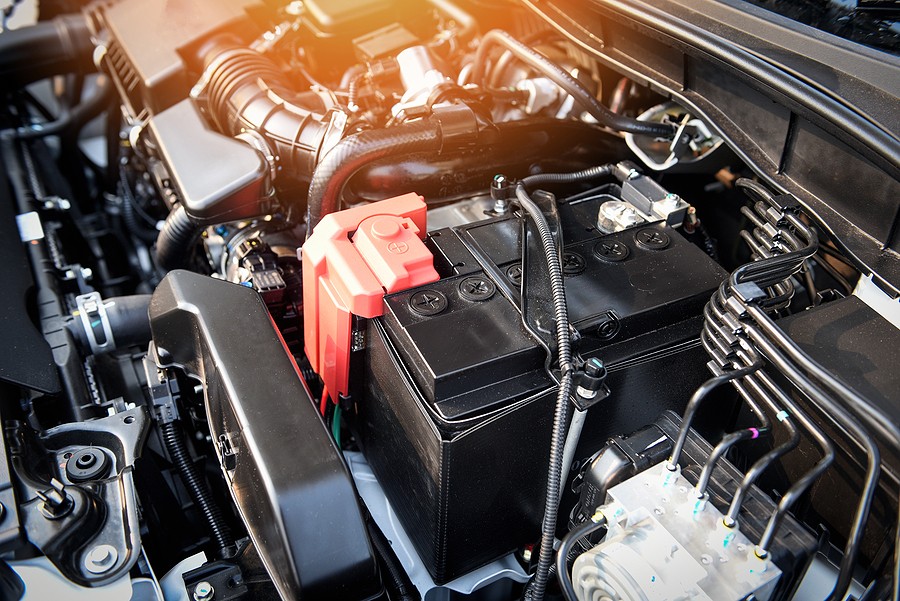
11. Use a remote starter
Another important recommendation is to invest in a remote starter. If you live in a very hard area and would like to prevent engine overheating, having a remote starter helps you allow the vehicle to warm up without needing to turn on all the systems, like the AC system.
This way, instead of challenging the engine and adding more pressure on it, you're allowing the vehicle to warm up without investing more energy to operate the other systems like the AC or probably the radio and other components you're using as you get inside your vehicle.
12. Monitor the temperature gauge
Finally, while it's critical to maintain and learn about the main tips and tricks to prevent engine overheating, you need to monitor the temperature gauge.
The temperature gauge is located on the dashboard, and it's a way to communicate with you and let you know about the current engine temperature. If the gauge is reading very high, it indicates that your engine is overheating.
Once you build a habit of monitoring the temperature gauge, you'll be able to detect any signs of early engine overheating problems. This way, you can take the right actions and prevent the problem from getting more complicated and costing you money to get fixed.

13. Do not overload the vehicle
Every vehicle is designed to withstand certain loads. When you add more loads than the vehicle can handle, you're adding additional stress to the engine, causing the engine to overheat.
That's why it's critical that you check on the vehicle’s trunk and see what you have in the vehicle that you don't need. For example, if you have some items that you can store in your garage, you'd better do so to prevent engine overheating and extend your vehicle’s lifetime.
14. Turn off unnecessary systems
Finally, when you're getting close to your vehicle and if the temperature is very hot, one of the best ways to prevent engine overheating is to turn off any unnecessary systems. In other words, if your radio is turned on and other systems that rely on the engine are also turned on, you will add additional stress to the engine and cause it to overheat.
By focusing engine energy on what's important, you eliminate any additional stress that's not needed and therefore prevent engine overheating. Once the engine is not overheated, it lives longer, and major problems will not occur prematurely.

How to prevent engine overheating: Final thoughts
Your vehicle temperature gets very high, which can lead to many problems, so you must maintain a close eye on the temperature gauge. Otherwise, you can deal with complicated problems that could cost you thousands of dollars in repair.
This article provided you with twelve important recommendations by automotive experts on how to prevent engine overheating. We highly encourage you to implement as many as possible to avoid dealing with this problem.
If you feel that your engine temperature keeps getting very high, there might be an internal problem that you have to pay close attention to. However, some of these problems might require extremely high repair costs, so you better sell this vehicle rather than waste your money and time.
If you're looking for someone to buy your vehicle considering the repair costs, why don't you reach out to Cash Cars Buyer?!
Cash Cars Buyer is one of the top-rated car removal companies in the nation that guarantees to pay you the top dollars and provide you with free towing despite your living location around the United States.
Our process is straightforward and doesn't take more than removing your car safely and for the most money.
All it takes you is to:
- Describe your car's type and condition
- Receive our instant free quote
- Accept the quote
- Get your car removed and receive your cash payment on the spot!
To learn more about our process and team, call us at (866) 924-4608 or by visiting our home page and clicking on the free instant online offer.

